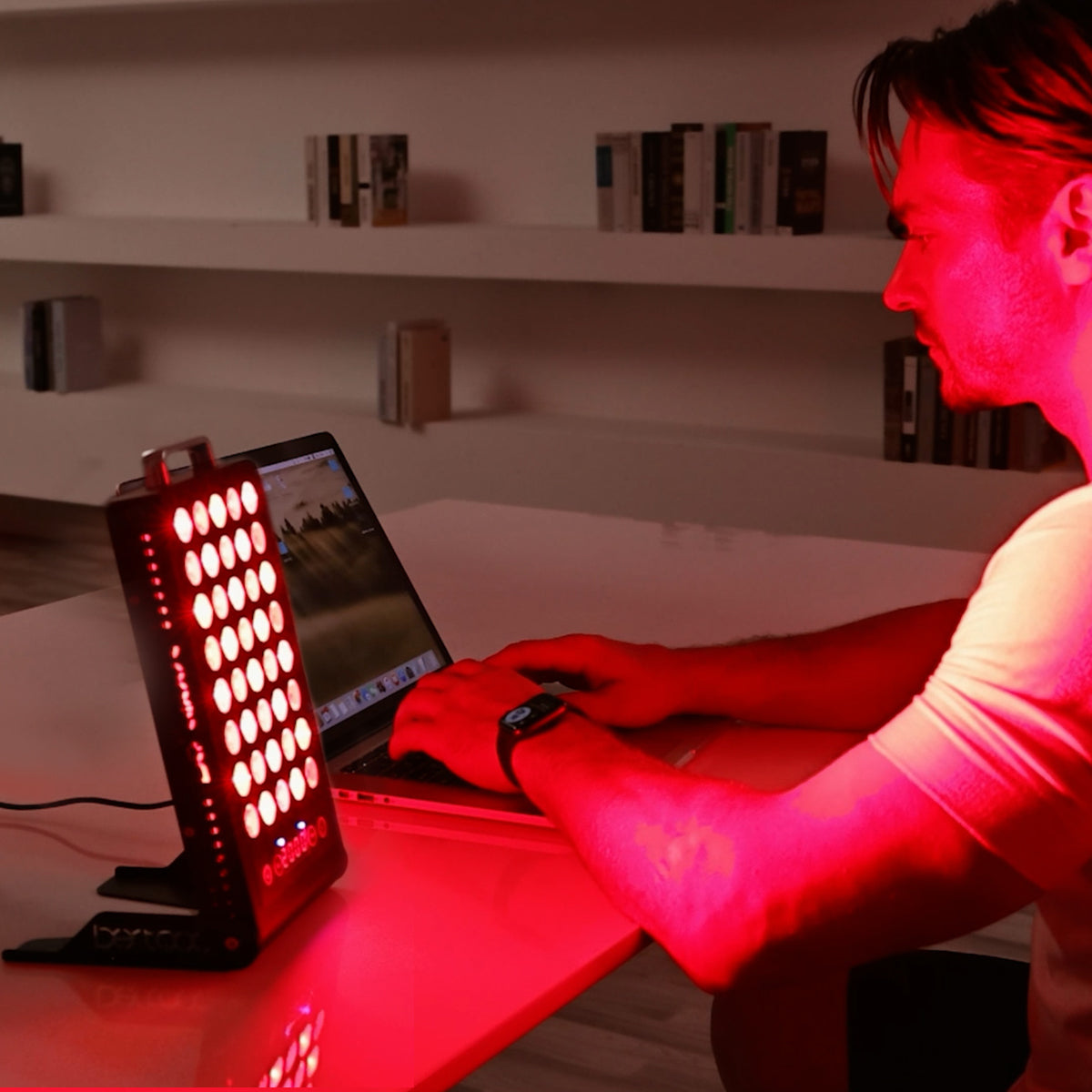Unlock the Secrets of High Irradiance Red Light Therapy: Transform Your Health Today!
High irradiance red light therapy is gaining significant traction in the realm of health and wellness, captivating both medical professionals and individuals seeking alternative treatments. At its core, this innovative therapy harnesses the power of specific wavelengths of light to stimulate cellular function and promote healing in the body. The significance of high irradiance red light therapy lies in its ability to penetrate deep into tissues, offering a non-invasive solution to various health challenges. In this article, we will explore the fascinating science behind this therapy, its numerous benefits, and the wide range of applications it has in modern health practices.

Understanding High Irradiance Red Light Therapy
High irradiance red light therapy involves the use of red and near-infrared light wavelengths, typically ranging from 600 to 900 nanometers, to promote healing and regeneration in the body. The science behind this therapy is rooted in photobiomodulation, a process where light energy is absorbed by cellular components, particularly mitochondria. This absorption triggers a series of biochemical reactions that enhance ATP production, leading to improved energy levels, cellular repair, and anti-inflammatory effects. By stimulating the body's natural healing mechanisms, high irradiance red light therapy can effectively address various conditions, making it a powerful tool in both clinical and wellness settings.
Benefits of High Irradiance Red Light Therapy
The benefits of high irradiance red light therapy are diverse and impactful. One of the most notable advantages is its ability to improve skin health, particularly in reducing wrinkles, scars, and acne. Studies have shown that this therapy can enhance collagen production, which is essential for maintaining skin elasticity and youthfulness. Additionally, high irradiance red light therapy is recognized for its pain-relieving properties, making it a valuable option for individuals dealing with chronic pain, arthritis, or post-surgical discomfort. Personal experiences shared by friends who have tried this therapy highlight its effectiveness in alleviating muscle soreness after intense workouts, allowing them to recover faster and perform better. Furthermore, emerging research suggests that red light therapy may also contribute to mood enhancement, potentially benefiting those struggling with seasonal affective disorder or anxiety. The cumulative evidence from various studies underscores the multifaceted benefits of this innovative therapy.
Applications in Health and Wellness
High irradiance red light therapy is being applied across various fields, demonstrating its versatility and effectiveness. In dermatology, practitioners utilize this therapy to treat acne, rosacea, and other skin conditions by reducing inflammation and promoting healing. In the realm of physical therapy, it has become a popular treatment for sports injuries, as it helps accelerate recovery by increasing blood flow and reducing inflammation. Athletes often turn to red light therapy to enhance their performance and expedite recovery times. Additionally, in wellness practices, many individuals incorporate this therapy into their routines to improve overall health, boost energy levels, and enhance mental clarity. Its non-invasive nature and minimal side effects make it an appealing option for those seeking alternative methods of treatment or wellness enhancement.
Current Research and Future Prospects
Recent research into high irradiance red light therapy has yielded promising results, further validating its efficacy in various applications. Studies have shown significant improvements in wound healing, pain reduction, and even cognitive function when utilizing this therapy. As the scientific community continues to explore its full potential, future developments may include more targeted treatments and advancements in technology that allow for more personalized therapy sessions. Researchers are also investigating the effects of different light wavelengths and intensities, which could lead to optimized protocols for specific conditions. The increasing recognition of high irradiance red light therapy in both clinical and alternative medicine circles points to a bright future for this transformative treatment.
Embracing High Irradiance Red Light Therapy for Health and Wellness
High irradiance red light therapy represents a significant advancement in health and wellness, offering a multitude of benefits that can transform the way we approach healing and recovery. By understanding the science behind this therapy and recognizing its diverse applications, individuals can make informed decisions about incorporating it into their health routines. Whether you are seeking improved skin health, pain relief, or enhanced recovery, high irradiance red light therapy may provide the solutions you need. As with any health intervention, it is essential to consult with healthcare professionals to determine the best approach for your unique needs. Embrace the potential of high irradiance red light therapy and take the first step towards a healthier, revitalized you!










Comments